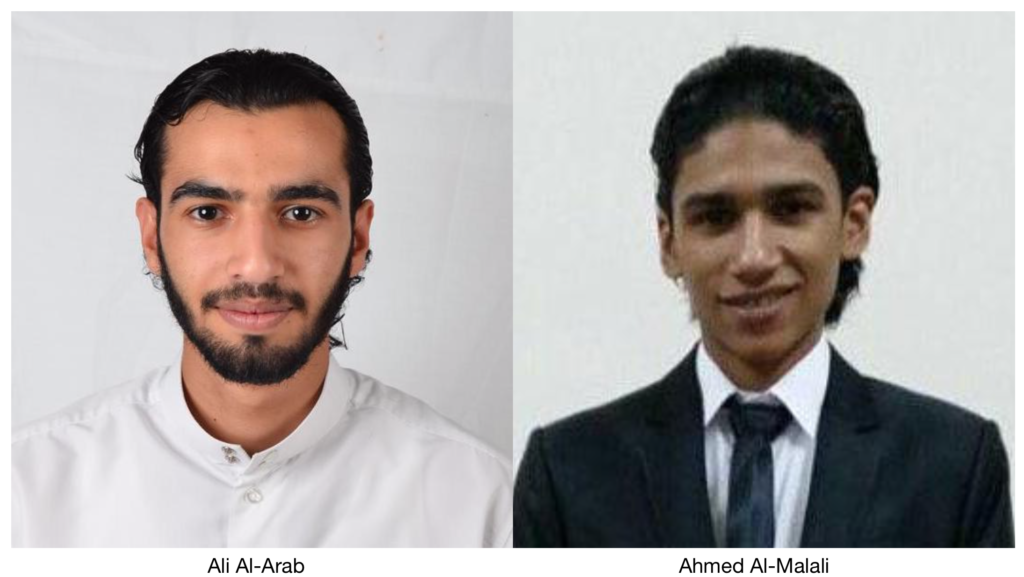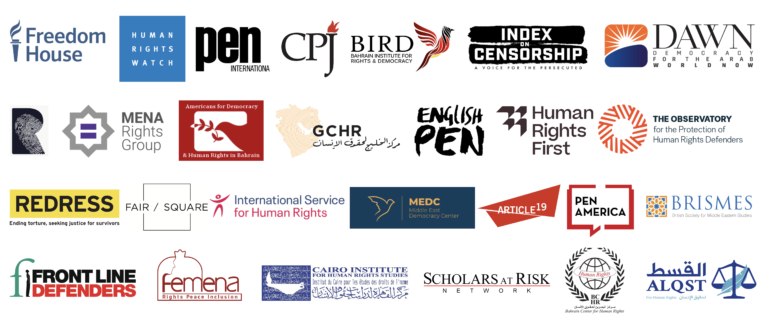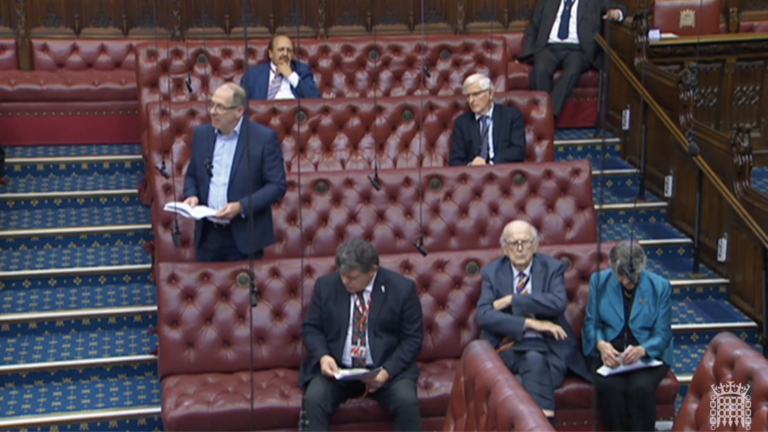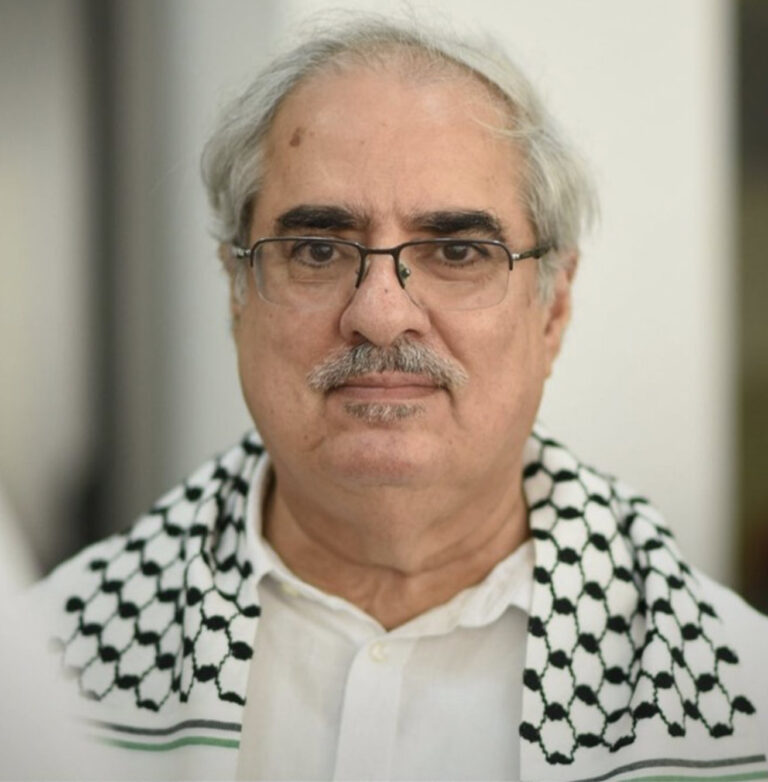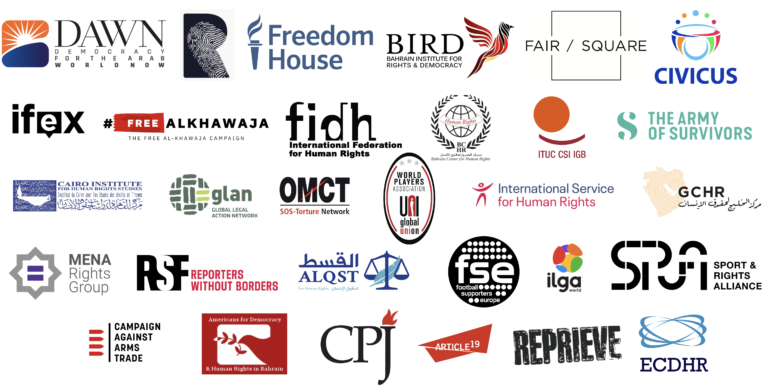27 July 2019 – Two torture victims, Ali AlArab (25) and Ahmed AlMalali (24), as well as a third unnamed individual, were executed by firing squad in Bahrain this morning, according to the Bahraini Public Prosecution Office.
The Bahrain Institute for Rights and Democracy condemns these barbaric extrajudicial executions in the strongest possible terms.
The executions of AlArab and AlMalali went ahead despite significant international outcry and calls to halt the executions from the UN Special Rapporteur on Extrajudicial Executions, Amnesty International, Human Rights Watch and the US Congress.
Ali AlArab and Ahmed AlMalali were convicted and sentenced to death in a mass trial alongside 58 other men on 31 January 2018. In May 2019 – after they had exhausted all their legal appeals – five UN experts appealed to Bahrain to halt their executions amid “serious concerns” over the safety of their convictions and the fact that they have not received a fair trial.
Upon arrest, AlArab was ordered to kiss the boot of an officer and, when he refused, was repeatedly beaten. Later that day, he was taken to the prison clinic in a wheelchair. He was then coerced into signing a confession while blindfolded and subject to torture including electric shocks, severe beatings, and the removal of his toenails.
During his arrest, AlMalali was struck by at least two bullets in his hand and had his leg broken. The bullets were only removed 23 days later. He was held incommunicado for a month before being forced to sign a false confession. He was then sentenced in absentia.
Yesterday morning an inmate also informed BIRD that authorities at Jau Prison had tripled the presence of security officers and riot police in each building. In the afternoon, a Twitter account linked to Bahrain’s intelligence tweeted that the King had ratified the two men’s executions.
AlArab and AlMalali’s families received a phone call from the prison asking them to attend a “special visit” yesterday afternoon. According to Article 330 of Bahrain’s Criminal Procedure Code, relatives of those scheduled for execution will be permitted a final visit “on the date fixed for the execution,” before the sentence is carried out.
According to human rights defender Ebtisam AlSaegh, who was in contact with both families, the visits were conducted in the presence of a high number of police officers, who subjected the families to thorough searches. Ebtisam posted a video in which she shouts out “We are against the death penalty!” while attempting to comfort AlMalali’s mother.
Commenting, BIRD’s Director Sayed Ahmed Alwadaei, said: “This tragedy marks one of Bahrain’s darkest days. Ali and Ahmed were brutally tortured and forced to sign false confessions and have now lost their lives.
It appears that the Bahraini government planned this meticulously, timing the executions to coincide with US, EU and UK legislative recesses in order to avoid international scrutiny. These crimes only happened because of the unconditional support lent to dictator Hamad by Washington and London.”
Background
Both AlArab and AlMalali were arrested separately on 9 February 2017. Despite being brought to the court from prison, both men were prevented from attending proceedings and were sentenced to death in a mass trial alongside 58 others on 31 January 2018 on terrorism-related charges. AlMalali was sentenced in absentia. In addition, both men were stripped of their citizenship, but later had them reinstated by order of the King of Bahrain in a move where 551 individuals had their citizenship reinstated.
On 28 April 2019, a Twitter account connected with the Bahraini security forces tweeted that the Court of Cassation would uphold their death sentences. At that time, the legal representatives of AlArab and AlMalali had not been informed of the Cassation court date. This mirrored a similar incident relating to the unlawful executions of Abbas al-Samea, Ali al-Singace, Sami Mushaima in 2017, as this same account tweeted on 14 January 2017 – one day prior to the execution – that the King had ratified their sentences and that the executions would take place.
UN Documentation of Torture Allegations
Ali AlArab (UA BHR 7/2017)
AlArab, 25, was arrested by Ministry of Interior (MoI) security agents on 9 February 2017 at the home of an acquaintance, without presenting a warrant. He was charged with allegedly assisting in the 1 January 2017 escape from Jau Prison and killing a security officer on 29 January 2017. He was held at the Criminal Investigations Directorate (CID) until 7 March 2017.
During this time, officials coerced him into signing a confession while blindfolded. The UN expressed “grave concern” for the allegations of torture Alarab faced during his interrogation at the CID, including electric shocks, the removal of toenails and severe beatings.
On 7 March 2017, AlArab was transferred to Dry Dock detention centre. Upon arrival, he was taken to the administration office of the prison and was ordered to kiss the boot of an officer. Having refused to do so, AlArab was repeatedly beaten on his legs. Later that day, he was taken to the prison clinic in a wheelchair.
In their response to the UN documentation of AlArab’s case, Bahrain reaffirmed its position and refused to accept any of the allegations presented.
Ahmed AlMalali (UA BHR 6/2018)
AlMalali, 24, was arrested by the MoI’s Coast Guard, in a joint operation with the CID, the Special Security Force Command, and the National Security Agency. According to UN documentation, AlMalali was struck by at least two bullets in his hand – which fractured his bones – and broke his leg during his arrest. These bullets were not removed until 4 March 2017, after 23 days. He was charged with possessing arms, training in the use of arms, and membership in a terror cell and with killing a security officer on 29 January 2017.
After his arrest, alMalali was held incommunicado for a month, at which time officers tortured him. He eventually confessed under coercion, the contents of which were not known to him.
The UN had stated that they were “extremely concerned” by allegations of torture in cases involving the death penalty, especially those where coerced confessions form the basis of convictions, as in the cases of AlArab and AlMalali.

